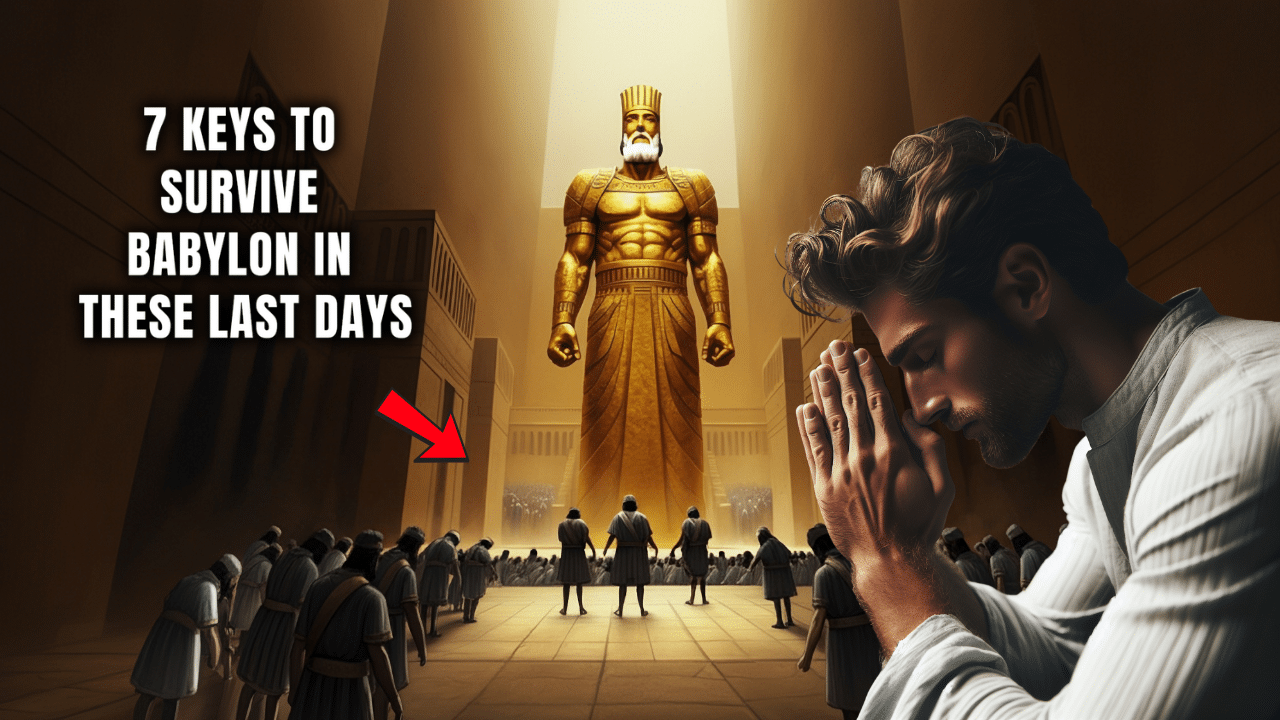While much of Israel, with the assistance of the nation’s media, has been embroiled in the judicial reform debate, defense strategists are busy trying to assess the severity of the threat posed by the Iranian-backed terror group Hezbollah.
Recent belligerent actions from Hezbollah on the Lebanese border, including incursions into Israel, along with incendiary rhetoric from Hezbollah leader Sheikh Hassan Nasrallah, have made it necessary to strategize what a worst-case scenario would look like if conflict were to break out.
According to a report in the daily Israel Hayom, military officials predict that enemies in the first few days of a war with Hezbollah would fire as many as 6,000 rockets into Israel, resulting in blackouts and hundreds of deaths.
They also predict it could be a multi-front war with Hamas and Islamic Jihad participating from the Gaza Strip, and terror operations in Judea and Samaria (the West Bank) directed at Israeli citizens, which would necessitate roadblocks.
At the beginning of summer, Aharon Haliva, head of Military Intelligence for the Israel Defense Forces (IDF) cautioned, “The chances of an escalation that could spiral into war are not low. Nasrallah is close to making a mistake that could plunge the region into a big war. He is close to making this mistake from Lebanon or Syria.”
Experts reckon Hezbollah’s missile arsenal contains between 150,000 and 250,000 rockets, and Nasrallah has boasted the Iranian proxy can reach anywhere in Israel.
The military estimates that there could be 1,500 successful enemy strikes inside Israel – a much higher number and percentage aimed at larger population centers than what Israelis have seen in recent battles with the terrorists in Gaza, where many rockets fell harmlessly, and the nation’s Iron Dome missile defense system successfully neutralized more than 90 percent of the targeted missiles.
One of the greatest concerns is targeted strikes on power stations, hampering Israel’s efforts to produce electricity and creating blackouts that could last up to 72 hours.
Israel’s military also learned from the 2006 Hezbollah War, and has since made dramatic advances in military intelligence and weaponry.










